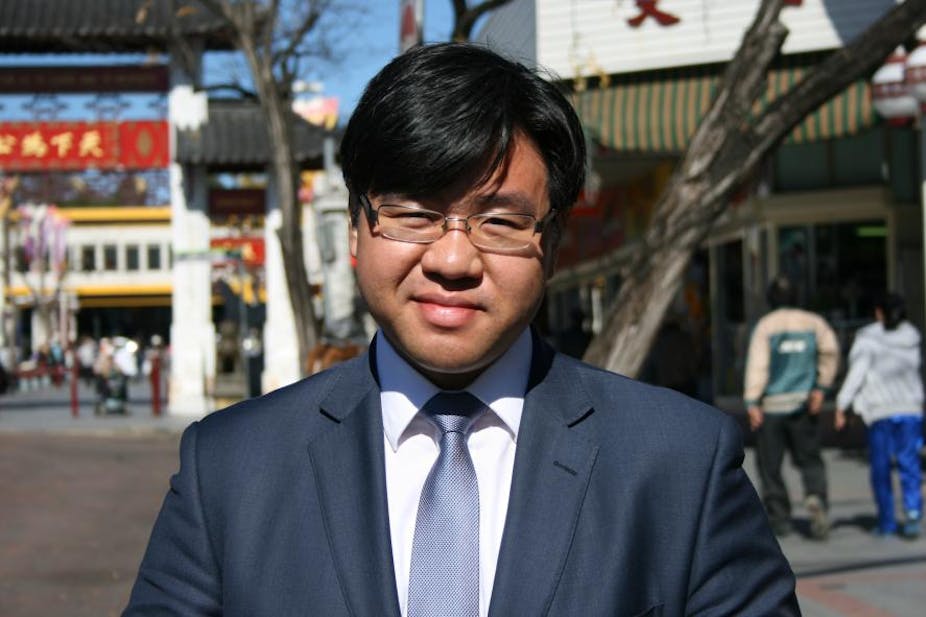Members of the Human Rights Commission are sharply at odds over plans to water down the Racial Discrimination Act.
Race Discrimination Commissioner Tim Soutphommasane, in a speech to be delivered tonight, warns that changes to the controversial Section 18c could “licence racial hatred”.
But newly appointed Human Rights Commissioner Tim Wilson has strongly argued that the whole section should be scrapped.
This prohibits actions “reasonably likely, in all the circumstances, to offend, insult, humiliate or intimidate another person or a group of people”. It was under this section that action was successfully brought against columnist Andrew Bolt after he cast aspersions on fair-skinned Aborigines. The government plans to abolish or cut back the section.
Soutphommasane says in his Alice Tay lecture: “My position is that the Racial Discrimination Act has worked as it was intended to work.”
He says it protects Australians against “the pernicious harms of racial abuse and harassment. It is only right that a liberal democratic society has in place strong and effective legislative protections against racial vilification”
If there is to be a change in the existing law, “there should be a compelling case for change,” he says.
“The danger of removing legislation that has been in place for almost two decades, of dismantling an important part of the Racial Discrimination Act that has largely enjoyed community support, is that it can licence racial hatred.
"It may encourage people to think there is no harm in dealing out racial vilification, It may condone hate speech that diminishes the freedom of others.
"It may unleash a darker, even violent side of our humanity, which revels in the humiliation of the vulnerable. It may, in short, encourage freedom without responsibility.”
Where Wilson argues that the best counter to racist insults and the like is non-legislative push back, Soutphommasane says there is a “certain naïve optimism” in relying on letting good speech override bad speech.
This “can be an easy thing to prescribe if one were an articulate and well-educated professional or someone accustomed to enjoying the privilege of social power.”
But the marketplace of ideas can be distorted. “We cannot realistically expect that the speech of the strong can be countered by the speech of the weak.”
Soutphommasane says that any debate about freedom of expression needs to be conducted with a “level of proportion”. Many laws besides the Racial Discrimination Act and other instruments restrict the use of offensive language in all sorts of social and political settings.
He cites parliamentary standing orders prohibiting MPs using offensive language against other members, and defamation laws.
“If, as a society, we accept that our parliaments should refrain from offensive language, that our laws can result in six figure damages and criminal sanction for even trivially offensive language, that there can be six figure damages for calling someone ‘silly’ or for saying that a restaurant was not especially good, why should we also not hold people accountable for racial vilification that causes profound harm to individuals and families?
"I think we are entitled to ask why it is exactly, that laws concerning racial vilification have been singled out for such disproportionate attention.”
The lecture is named after University of Sydney law scholar, anti-discrimination activist and human rights defender Alice Tay.

